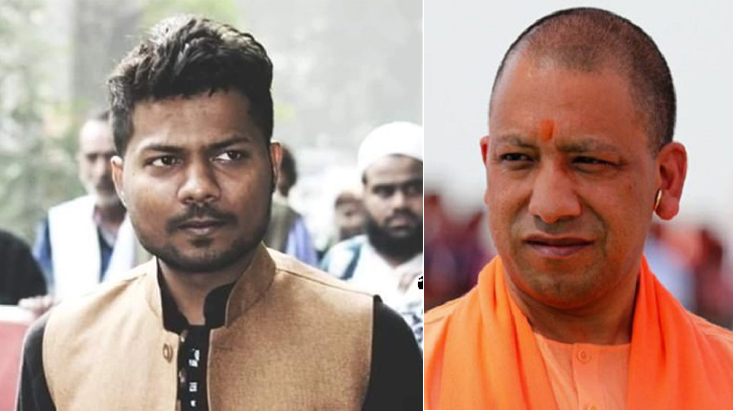The Supreme Court has, appropriately, upheld individual freedom in the case of Prashant Kanojia. The apex court has ordered the immediate release of the freelance journalist, who was arrested for making certain so called ‘objectionable’ social media posts about Uttar Pradesh chief minister Yogi Adityanath. The court held that Kanojia’s arrest and remand were illegal and went against personal liberty. The suppression of dissent by any means is nothing new in the country. Cases of brutal suppression of voices are many and not just journalists but the next of their kin, too, have had to suffer at the hands of powers that be. Journalists working with small newspapers in particular are vulnerable to pressures from different sources, be they big corporate or political power wielders.
Many have paid with their lives in pursuit of stories. India has had a dismal record in solving murders of journalists. The Global Impunity Index of 2018 (based on data between September 1, 2008, and August 31, 2018) released by the Committee to Protect Journalists states that 324 journalists were silenced through murder worldwide and perpetrators of these crimes were yet to be punished in 85 per cent of the cases. India ranked fourteenth on the index, with 18 unsolved cases — two positions down from the ranking for 2017. Last year alone, four journalists — Chandan Tiwari (Aj Newspaper), Navin Nischal (Dainik Bhaskar), Sandeep Sharma (News World), and Shujaat Bukhari (Rising Kashmir) — were murdered and the motives have been confirmed. The situation is worrisome not just for journalists but also for democracy itself. Reporters Sans Frontiers (RSF) in its Press Freedom Index for 2018 listed India at 138; the body said it fears that journalists were becoming targets of online smear campaigns by radical nationalists and that they are being vilified and threatened with physical reprisals.
In this context it is also important to look at the functioning of media houses themselves. It is clear that almost no media house in the country is free of interests. They have to hold a certain line to survive. In most cases it becomes imperative to sideline any ideals if only to ensure that the publication sees the light of day. Media houses that are sold out to political ideologies do not serve the interests of democracy, individual freedom and lastly journalism. In recent times, India has seen the mushrooming of media houses under the patronage of big corporations and a few political parties or politicians. These organizations are propaganda machines that work overtime to ensure the interests of the owners are safeguarded. It is an open secret that media has been purchased and that unpublished news is of greater value than what is published. When business interests overpower, politics takes second place in India and probably the whole democratic world.
The survival of journalism and the ideals that it once served will depend on the consumers of news. Independent media remains a myth as no medium can function without funding in the form of advertisements. The media today is despised by many sections of people owing to news being sensationalized and facts being ignored. Investigative journalism is being systematically discouraged and news is being turned into entertainment. This condition will continue until good journalism is supported and allowed to flourish. That does not seem possible in the near future in a nation like India where a few people, to secure their own interests, are capable of calling any and everything ‘fake news’. This situation is further aggravated by the overwhelming growth of social media where responsibility is non-existent. Anyone can write, speak and twist anything any which way. Formal media like Print, Television and even Web portals have a tough path ahead.
Prashant Kanojia is definitely not the last victim. While welcoming the healthy attitude demonstrated by the Supreme Court, let us all remember that ‘the times they are a changing’.
